
Luis Ernesto Alva y Talledo, better known as Luigi Alva is a Peruvian operatic tenor. A Mozart and Rossini specialist, Alva achieved fame with roles such as Don Ottavio, Count Almaviva and Fenton. He retired from the stage in 1989.

Il Guarany is an opera ballo composed by Antônio Carlos Gomes, based on the novel O Guarani by José de Alencar. Its libretto, in Italian rather than Gomes' native Portuguese, was written by Antonio Scalvini and Carlo D'Ormeville. The work is notable as the first Brazilian opera to gain acclaim outside Brazil. Maria Alice Volpe has analysed the historical subtext of the indianism movement behind Il Guarany.

Der Prinz von Homburg is a German-language opera in three acts by Hans Werner Henze with a libretto by Ingeborg Bachmann (1926–1973). It was completed in 1958 but premiered on 22 May 1960 in Hamburg.
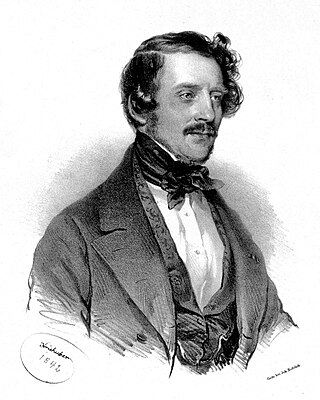
Maria Padilla is a melodramma, or opera, in three acts by Gaetano Donizetti. Gaetano Rossi and the composer wrote the Italian libretto after François Ancelot's play. It premiered on 26 December 1841 at La Scala, Milan. The plot is loosely based on the historical figure María de Padilla, the mistress of Pedro the Cruel, King of Castile.
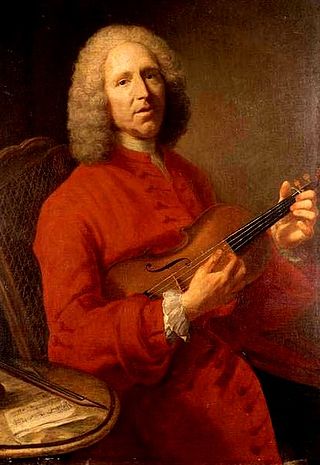
Les fêtes de Polymnie is an opéra-ballet in three entrées and a prologue by Jean-Philippe Rameau. The work was first performed on 12 October 1745 at the Opéra, Paris, and is set to a libretto by Louis de Cahusac. The piece was written to celebrate the French victory at the Battle of Fontenoy in the War of the Austrian Succession. It was revived at the same venue on 21 August 1753.

La fiera di Venezia is a three-act opera buffa, described as a commedia per musica, by Antonio Salieri, set to an Italian libretto by Giovanni Gastone Boccherini.

Karl V. is an opera, described as a Bühnenwerk mit Musik by Ernst Krenek, his opus 73. The German libretto is by the composer. His student Virginia Seay collaborated with him on the English translation of the libretto.

Der Protagonist is an opera in one act by Kurt Weill, his Op. 15. The German libretto was written by Georg Kaiser based on his own play of the same name of (1920). Weill's first surviving opera has been described as Literaturoper.

Xerse (Xerxes) is an opera in three acts by Giovanni Bononcini. It was designated as a dramma per musica. The libretto was written by Silvio Stampiglia after that by Nicolò Minato which had been used for the 1654 opera of the same name by Francesco Cavalli. Stampiglia's version was in turn used as the basis for Handel's Serse.
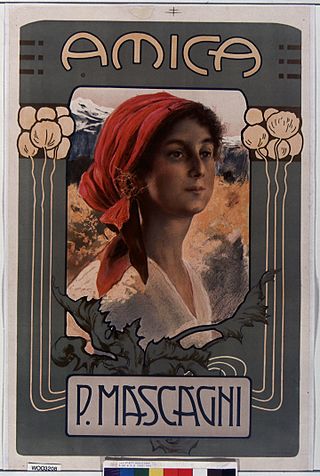
Amica is an opera in two acts by Pietro Mascagni, originally composed to a libretto by Paul Bérel. The only opera by Mascagni with a French libretto, it was an immediate success with both the audience and the critics on its opening night at the Théâtre du Casino in Monte-Carlo on 16 March 1905. Mascagni himself conducted the performance. The opera had its Italian premiere on 13 May 1905 at the Teatro Costanzi in Rome.

Günther von Schwarzburg is a Singspiel in three acts by Ignaz Holzbauer set to a German libretto by Anton Klein. Loosely based on events in the life of the 14th-century German king, Günther von Schwarzburg, the opera premiered on 5 January 1777 at the Hoftheater in the Mannheim Palace.
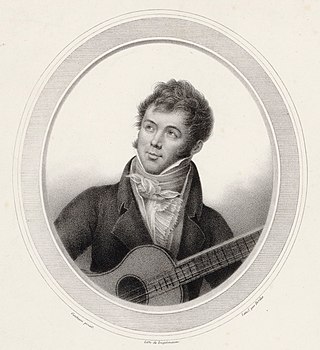
Il Telemaco nell'isola di Calipso is an opera by composer Fernando Sor. The libretto was by Carlo Sigismondo Capece. It was first produced in Barcelona at the Teatro de la San Cruz on 25 August 1797. It was revived in the same city on 18 May 1798.

Die Harmonie der Welt is an opera in five acts by Paul Hindemith. The German libretto was by the composer.

Medea is an opera in three acts composed by Giovanni Pacini to a libretto by Benedetto Castiglia. It premiered on 28 November 1843 at the Teatro Carolino in Palermo, conducted by the composer with Geltrude Bortolotti in the title role. The libretto is based on the plays Medea by Euripides and Médée by Pierre Corneille.
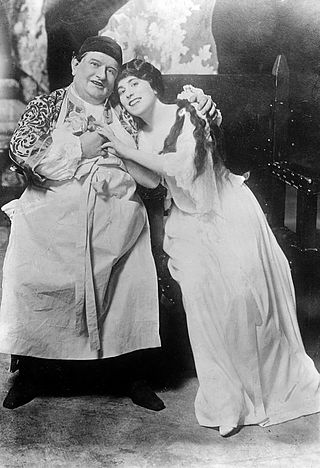
L'amore medico is an opera in two acts by composer Ermanno Wolf-Ferrari. Based on Molière's comedy L'Amour médecin, the work uses an Italian language libretto by Enrico Golisciani. It premiered in a German version by Richard Batka on 4 December 1913 at the Hoftheater in Dresden under the title Der Liebhaber als Arzt.

Siroe, or Siroe re di Persia, is an opera seria in three acts by Johann Adolph Hasse. The libretto was by Metastasio. As with many of the latter's libretti, Siroe was also set by Hasse's contemporaries, for example Vinci, Vivaldi and Handel.

Zanaida is a three-act opera with music by Johann Christian Bach and libretto by Giovanni Gualberto Bottarelli. It debuted in London on 7 May 1763.
Nitocri is an opera in two acts composed by Saverio Mercadante to libretto by Apostolo Zeno adapted by Lodovico Piossasco Feys. The libretto is a fictionalised account of the Egyptian queen Nitocris. The opera premiered at the Teatro Regio in Turin on 26 December 1824.

Solimano is an opera in three acts composed by Johann Adolph Hasse to an Italian-language libretto by Giovanni Ambrogio Migliavacca. Loosely based on an episode in the life of Suleiman the Magnificent, the opera premiered on 5 February 1753 at the Opernhaus am Zwinger in Dresden. The lavish premiere production was designed by Giuseppe Galli Bibiena and featured Angelo Amorevoli in the title role.
Mattia Verazi was an Italian librettist primarily active at the court of Charles Theodore in Mannheim. He became known as the leader of a group of librettists who challenged the conventions of opera seria in the mid-18th century and was a long-time collaborator of composer Niccolò Jommelli. He also produced the libretti for Salieri's Europa riconosciuta, Sacchini's Calliroe, and J. C. Bach's Temistocle


















